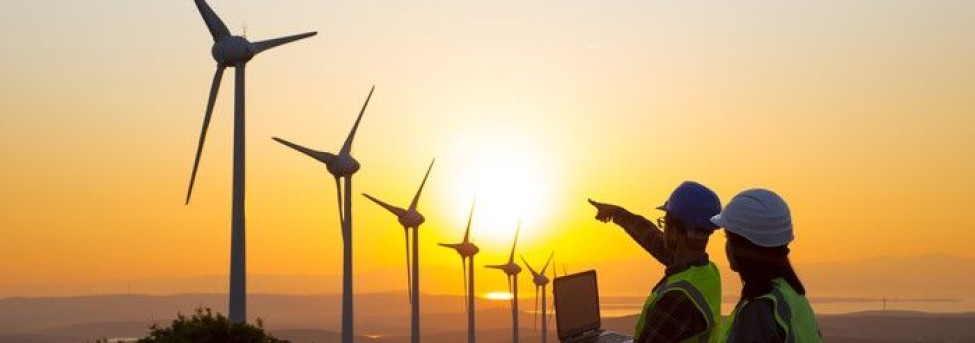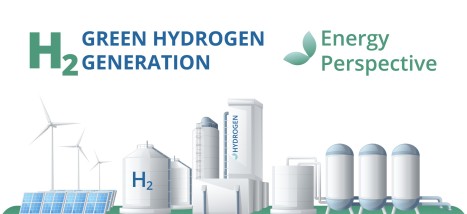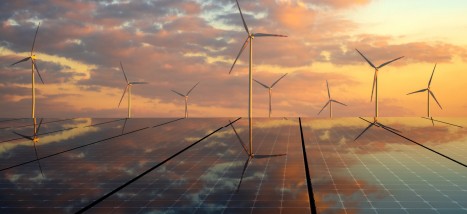-
08 October 2021

The yield of wind turbines: everything revolves around energy
Wind turbines are now a familiar sight in the landscape. And there is no doubt that they are sustainable. But what exactly do wind turbines yield? Both the economic and the energetic yield are promising.
Yield: one term, two calculations
How you calculate the yield of wind turbines depends on what you want to calculate. If you want to know how much energy a wind turbine produces, you determine the energetic contribution. This therefore concerns the energy production per kWh (kilowatt-hour). But when you talk about the yield, you can also talk about the economic share of the wind turbine. This is therefore about the financial profit, or: return.Energetic contribution: the yield of energy
With the energetic yield, you first look at how much energy a wind turbine produces in its life cycle. You then subtract the energy that the wind turbine itself uses. Building a wind turbine also costs energy. What you are left with is the energetic contribution. Research has shown that after six months the wind turbine already produces more energy than it consumes in its lifetime. A wind turbine lasts about twenty to thirty years (for newer types the life expectancy seems to be even longer). This means that the wind turbine will be energetically profitable for another nineteen to twenty-nine years. We also refer to this time span as the payback period.Economic contribution: multiple factors
The efficiency of a wind turbine is the energy price per kWh minus the costs consumed. A number of factors play a role in this cost. Because how expensive is the wind turbine? How much energy does it convert? And what is the energy price? The costs incurred depend, among other things, on the size and material. The location also has an influence: the construction of a wind turbine at sea is more expensive than on land.Costs down 40% in ten years: 4 to 7 cents per kWh
The costs of installing a wind turbine have fallen by about 40 percent in ten years. As a result, wind turbines are now the most cost-effective way of producing energy sustainably. It is estimated that in 2023 the cost price will be between 4 and 7 cents per kWh. For offshore wind turbines this is less than 5. This price is the minimum price to produce energy, to carry out maintenance and to recoup the investment.Investing in wind turbines is the future
WindShareFund invests in German onshore wind turbines. The wind turbines in Germany have a fixed purchase price and a mandatory purchase for sustainable energy. The sustainable investment fund also only invests in wind turbines that are already working and running well. Therefore, investing in German wind turbines has many advantages. There is a fixed interest rate on the bonds (ClimateBonds) of WindShareFund.
-
25 March 2025
 Green hydrogen can contribute effectively to emissions reductionBy: Evertjan van Roekel
Green hydrogen can contribute effectively to emissions reductionBy: Evertjan van RoekelGreen hydrogen often, but certainly not always, leads to CO2 gains. This is evident from research in Nature Energy by Kiane de Kleijne of Radboud University and Eindhoven University of Technology. 'If you calculate the entire life cycle of green hydrogen production and transport, the CO2 gain can be disappointing. But if green hydrogen is produced from very clean electricity and in the region, it can really contribute to emission reductions.'
[Read more...] -
18 February 2025
 Renewable energy investment creates great potentialBy: Evertjan van Roekel
Renewable energy investment creates great potentialBy: Evertjan van RoekelAn investment in renewable energy offers an excellent financial return and a way to put your money to work for people and the environment. Sustainable energy investments also play a crucial role in tackling the global climate problem.
[Read more...]